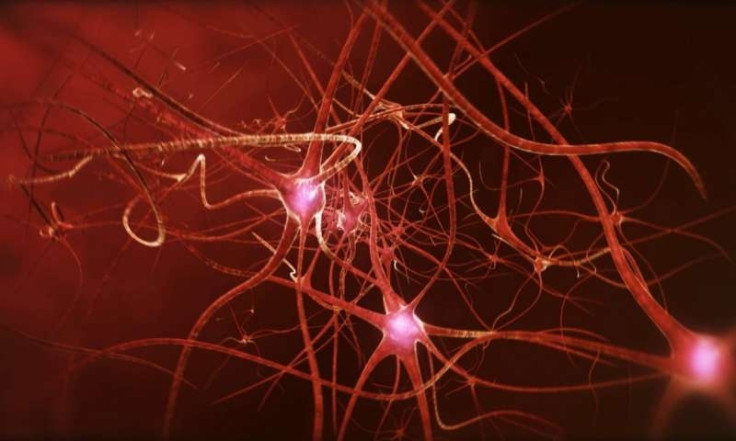Sleep deprivation is just as bad for your brain as alcohol
However, no legal or medical standards exist for identifying over-tired drivers on the road.

New research suggests that sleep deprivation disrupts brain communication in a manner similar to alcohol, causing temporary lapses in memory and altered visual perception.
"We discovered that starving the body of sleep robs neurons of the ability to function properly," said senior author Itzhak Fried, from UCLA and Tel Aviv University. "This paves the way for cognitive lapses in how we perceive and react to the world around us."
"Inadequate sleep exerts a similar influence on our brain as drinking too much," said Fried. "Yet no legal or medical standards exist for identifying over-tired drivers on the road the same way we target drunk drivers."
For the study, published in the journal Nature Medicine, researchers examined 12 patients who suffer from epilepsy and had electrodes implanted in their brains to pinpoint the origins of their seizures prior to surgery.
Lack of sleep can potentially provoke seizures, so the patients were made to stay awake. The UCLA team then asked the patients to categorise a variety of images as fast as possible while their brain activity was measured in real time.
As the patients became sleepier, the task became harder due to a slowdown in the communication between brain cells, the researchers observed.
"We were fascinated to observe how sleep deprivation dampened brain cell activity," said Yuval Nir from Tel-Aviv University. "Unlike the usual rapid reaction, the neurons responded slowly, fired more weakly and their transmissions dragged on longer than usual."
Sleep deprivation disrupted the ability of cells in the brain to encode information and translate visual information into conscious thoughts. A tired driver, for example, may not notice a pedestrian stepping in front of his car.
"The very act of seeing the pedestrian slows down in the driver's over-tired brain," Nir said. "It takes longer for his brain to register what he's perceiving."
"Slow sleep-like waves disrupted the patients' brain activity and performance of tasks," said Fried. "This phenomenon suggests that select regions of the patients' brains were dozing, causing mental lapses, while the rest of the brain was awake and running as usual."
Scientists are increasingly understanding the importance of getting a good night's shut-eye. Sleep deprivation has been linked to a heightened risk of depression, obesity, diabetes, heart attacks and stroke.





















